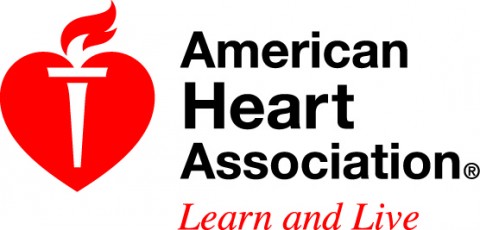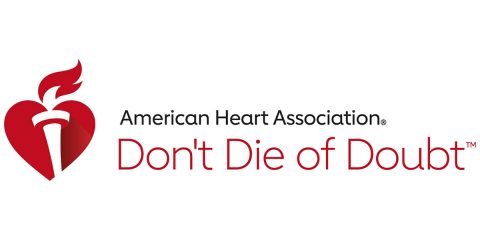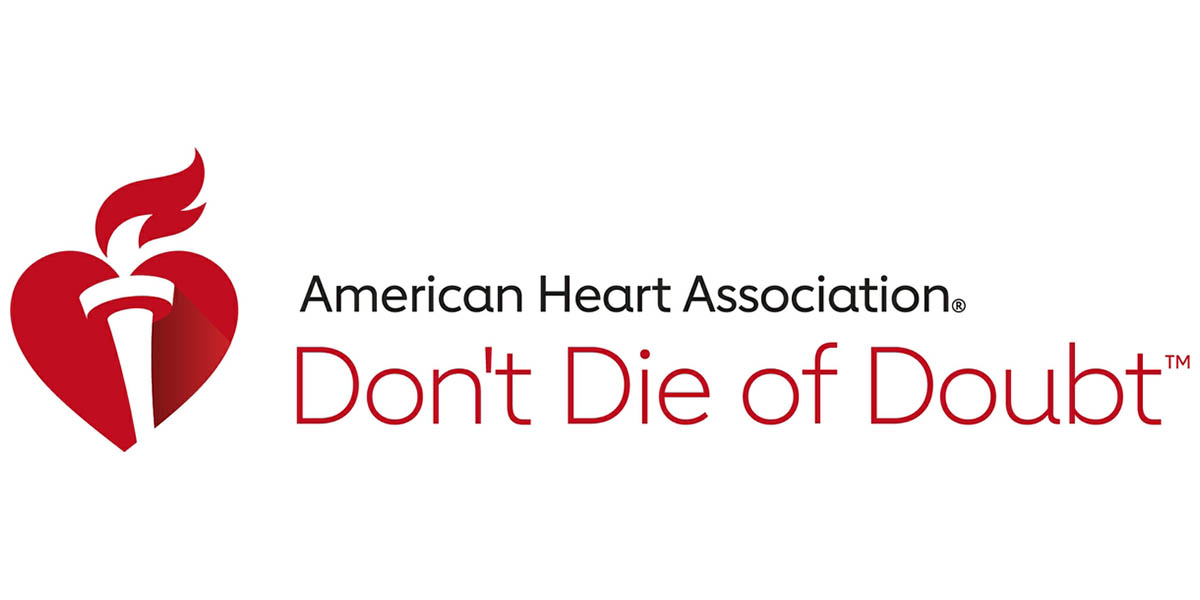 Nashville, TN – As COVID-19 Coronavirus cases continue to increase and strain emergency departments nationwide, a recent U.S. Centers for Disease Control and Prevention (CDC) Morbidity and Mortality Weekly Report (MMWR) suggests ER visits in April were down 42 percent compared to the same period last year.
Nashville, TN – As COVID-19 Coronavirus cases continue to increase and strain emergency departments nationwide, a recent U.S. Centers for Disease Control and Prevention (CDC) Morbidity and Mortality Weekly Report (MMWR) suggests ER visits in April were down 42 percent compared to the same period last year.

Yet, heart attacks and strokes haven’t stopped for COVID-19 Coronavirus. To combat this alarming trend, the American Heart Association, the world’s leading nonprofit organization focused on heart and brain health for all, took action and created a new public awareness campaign called, “Don’t Die of Doubt,” that urges people to call 9-1-1 and seek emergency medical care at the hospital if experiencing symptoms of a heart attack or a stroke.
The campaign emphasizes that the best chance to survive an acute event, like a heart attack or stroke, is to call 9-1-1 and get an ambulance to the hospital where they are fully prepared to treat you safely. Hospitals are still the safest place to be during a medical emergency.
With news coverage of coronavirus cases still fueling fear of using emergency medical services, there is a critical need to reach everyone across the country with reassurance. People can receive safe care for heart attack or stroke symptoms, and other urgent medical needs, in hospitals.
When it comes to surviving a heart attack or a stroke, seconds count, and so doubting symptoms, and thereby delaying care, may prove deadly.
“Heart attack and stroke symptoms are always urgent. This campaign is geared toward minimizing hesitation to call 9-1-1 in an emergency,“ said Dr. Evelio Rodriquez, Board President of the Greater Nashville American Heart Association.
“Emergency responders, as well as doctors and nurses at the hospital, know what to do even when things seem chaotic and emergency departments have made plans behind the scenes including screening for COVID-19 Coronavirus symptoms, treating coronavirus patients in separate areas and increased cleaning protocols to keep patients and workers safe,” Rodriquez stated.
“We encourage everyone facing a medical emergency to seek help quickly,” said Kelley Tune, Executive Director of the Greater Nashville American Heart Association. “Do not be afraid of the hospital due to the pandemic. If something’s not right, you should pay attention to the warning signs of heart attack and stroke and seek emergency care.”
For more about this campaign and community resources, visit www.heart.org/dontdieofdoubt.
Additional Resources:
- Don’t Die of Doubt website
- American Heart Association COVID-19 resources
- Heart attack symptoms
- Stroke symptoms
- Visit the Support Network for peer to peer support for patients
- Follow American Heart Association/American Stroke Association news on Twitter @HeartNews
The Association receives funding primarily from individuals. Foundations and corporations (including pharmaceutical, device manufacturers and other companies) also make donations and fund specific association programs and events. The Association has strict policies to prevent these relationships from influencing the science content.
Revenues from pharmaceutical and device corporations and health insurance providers are available at https://www.heart.org/en/about-us/aha-financial-information.
About the American Heart Association
The American Heart Association is a relentless force for a world of longer, healthier lives. We are dedicated to ensuring equitable health in all communities. Through collaboration with numerous organizations, and powered by millions of volunteers, we fund innovative research, advocate for the public’s health and share lifesaving resources. The Dallas-based organization has been a leading source of health information for nearly a century.
Connect with us on heart.org, Facebook, Twitter or by calling 1.800.AHA.USA1.



